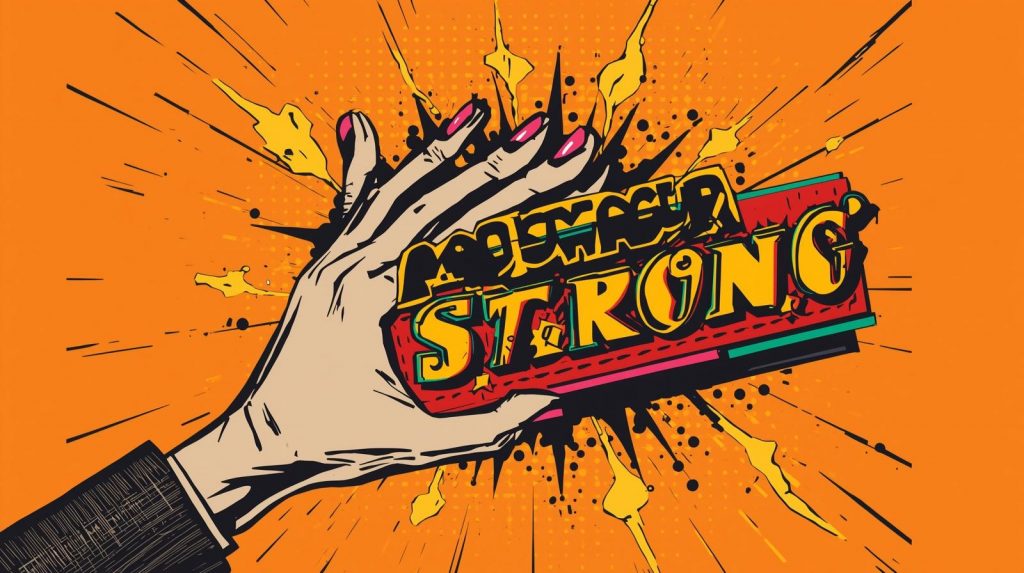
In today’s digital world, passwords are the first line of defense against cyber threats. Yet, many people still rely on weak or reused passwords, leaving their accounts vulnerable. Creating strong, unique, and memorable passwords doesn’t have to be complicated. With the right strategies, it’s possible to protect personal information while avoiding the frustration of forgetting login details.
Why Strong Passwords Matter
Cybercriminals use advanced tools to crack weak passwords in seconds. A strong password reduces the risk of unauthorized access, identity theft, and data breaches. Unique passwords ensure that even if one account is compromised, others remain secure.
Characteristics of a Strong Password
A strong password should:
- Be at least 12 characters long
- Include a mix of uppercase and lowercase letters
- Contain numbers and special characters
- Avoid common words, names, or predictable patterns
Tips for Creating Memorable Yet Strong Passwords
1. Use a Passphrase
Instead of a single word, create a phrase that’s easy to remember but hard to guess. For example, combine unrelated words into a sentence-like structure. Add numbers or symbols to increase complexity.
2. Try the Acronym Method
Take the first letter of each word in a favorite quote, saying, or personal phrase. Mix in numbers and symbols to strengthen it. This makes the password unique and memorable.
3. Substitute Characters
Replace letters with numbers or symbols that resemble them. For example, “A” can become “@” or “4,” and “S” can become “$.” Just avoid predictable substitutions like “password” becoming “p@ssw0rd.”
4. Use Random Word Combinations
Pick three or four unrelated words and string them together. Add capitalization, numbers, or punctuation for extra strength. This method balances memorability with security.
5. Avoid Personal Information
Never use birthdays, names, addresses, or other easily guessed details. Hackers often use personal data from social media to crack passwords.
Managing Multiple Passwords
With so many accounts, it’s tempting to reuse passwords. Instead:
- Use a password manager to securely store and generate unique passwords.
- Enable two-factor authentication (2FA) wherever possible for an extra layer of protection.
- Regularly update passwords, especially for sensitive accounts like email and banking.
Final Thoughts
Strong, unique passwords are essential for protecting digital life. By using creative methods like passphrases, acronyms, and random word combinations, it’s possible to create secure passwords that are also easy to remember. Pairing these strategies with password managers and two-factor authentication ensures maximum protection against cyber threats.
Taking a few extra minutes today to strengthen passwords can prevent major security headaches tomorrow.
Leave a Reply